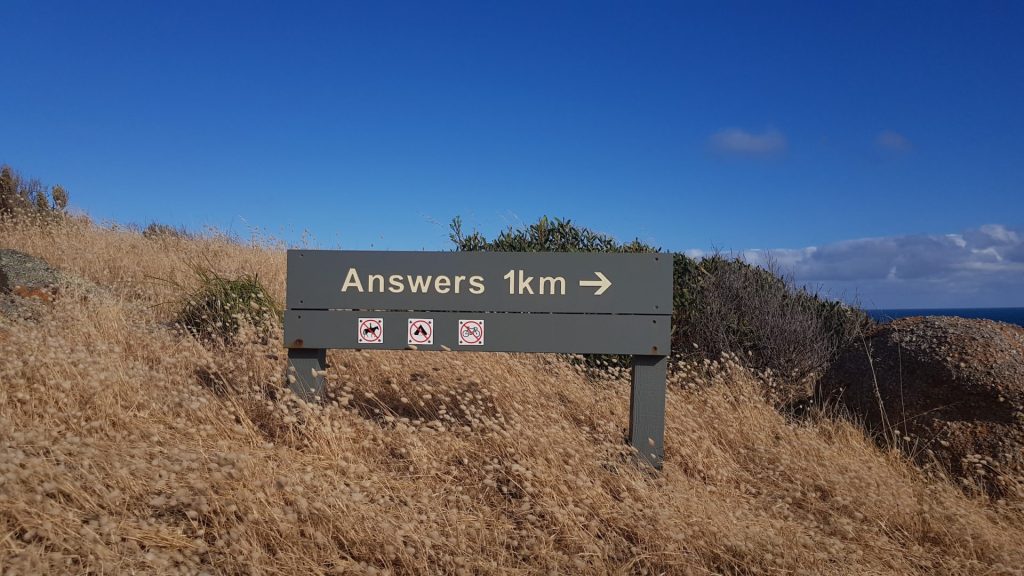The FIRE Equation: Unpacking Essential Questions for Early Retirement
The human brain is full of curiosity. Curiosity is a state of being inquisitive, wondering, and ready to figure something out. This curiosity has led to achieving things one could not have imagined if humans were not curious. With curiosity, the sky’s the limit.
When you think of the term ‘curiosity’, it immediately leads to out-of-the-box thinking. Thinking about topics or issues that are not related to our daily routine.
An essential part of daily routine is finances. Managing them, allocating them, and most importantly saving money. This is a concept that has been deeply ingrained in our thought processes and cultures worldwide. Saving money sounds so simple, yet it is so highly effective. It works as a safety net for any individual in moments of need and/or emergencies. It makes us financially independent. Furthermore, it is also helpful in retiring, a.k.a. making us work-free.
Retiring requires a retirement plan. To come up with this plan, you’ll have to ask the right questions to come up with the most suitable retirement plan where you are financially independent as well. As there are many FIRE (Financial Independence, Retire Early) plans to pursue from.
When Will I Retire?
The first and foremost step in creating a retirement plan is to determine the target age, that is when you plan on retiring. From there on, you can easily calculate the gap between your current age and your retirement age. (This will not require you to have a degree in mathematics, and hopefully, individuals struggling with calculations can overcome this obstacle.)
What are Your Income Goals?
Determine exactly what sort of retirement you want and how much money you’ll need to maintain it. Taking into account things like travel, housing, healthcare, and other living expenditures.
How Much Income is Needed Monthly or Annually?
Determine the monthly or yearly amount of money you will require in retirement. Both necessary and discretionary spending are taken into account in this.
What Should be my FIRE Goal or FIRE Number?
Estimating your FIRE goal is very important as it helps build an objective you must achieve. You can then decide on the strategies you are going to implement to achieve this goal.
A simple and general way to calculate your FIRE goal is to take your current annual expenses and multiply them by 25. By doing this method, you can apply the 4% rule after retiring, which means withdrawing 4% per year from your saved-up fund. For a more detailed calculation, you can also use a FIRE calculator.
What are your Current Investments and Savings?
Examine your assets, investments, and savings at this very moment. Understand and acknowledge the impact this is going to have on your retirement income. It is of great importance that any individual understands their financial situation while planning for retirement.
How Will You Earn Money?
Now that you have retired, you don’t want to work or at least don’t want to be involved in a job that requires rigorous working hours. Hence, this is your opportunity to explore various options for side income or passive income streams to accelerate your journey to financial independence. This opens a whole new world to not only engaging yourself in a comfort-focused lifestyle, but it will also give you the freedom to learn new skills and gain new hobbies.
What is Your Transition Plan?
As the transition from a working individual to a retiree might sound exciting, it needs planning. The question arises as to how you will handle this transition. What alternative do you plan on opting for? Will you stop working altogether, or will you have a job that is not as stressful? These are the questions that need to be taken into consideration.

What is Your Geographical Arbitrage?
While making a FIRE plan, you may consider getting away from the hustle and bustle of the city and living in a more peaceful location. You can always consider the lower-cost areas for retirement or remote work opportunities. This is also a great way of reconnecting with yourself. Once you move your focus from work, which has been occupying most parts of your life and mind, you can give yourself the much-needed attention. By reconnecting with yourself, you reignite the elation and the curiosity in your soul you once had as a youngling.
What is Your Risk Management Strategy?
Examine the risks that might affect your retirement plan. These risks can include inflation, market volatility, unforeseen medical expenses, current long-term loans, occurrence of unpredictable events, and so on. Create plans to reduce these hazards and/or to cushion yourself from the same.
What are Your Medical Expenses?
Weigh the possible retirement healthcare expenditures that you might require, such as insurance premiums, co-pays, and long-term care costs. Ensure that your plan accounts for medical needs. It might sound far-fetched. However, referring to your family’s health records can help you figure out any illnesses you might have to deal with in the future. Hence, researching and incorporating such minor details are crucial in having a well-balanced and wholesome retirement plan.
Do You Have Your Debt in Control?
Before retiring, assess your debts and take care of those that remain. Reducing debt can have a big influence on your retirement income stability.
What is Your Income Tax Status?
Recognize how taxation will have an impact on your retirement plan. Think about ways to reduce your taxes and increase your after-tax income. This means learning to invest your income, having a side gig, and managing your overall finances.
What is Your Estate Planning?
Review the details of your estate plan. This can include beneficiary designations, wills, and trusts. Make sure your assets are allocated per your wishes.
Do You Have an Emergency Fund?
Keep an emergency fund to cover unforeseen expenses in retirement. This fund can offer financial security and avoid the need to take out long-term investments. This will help you in seeking and maintaining the goal of staying retired for a long period, as many people don’t create a backup fund and solely rely on their retirement plans. In such a time of crisis, they end up joining the workforce again.
Are You Reviewing and Adjusting?
Reviewing and adjusting your FIRE plan regularly is a must. Everything changes. It is your responsibility to go with the flow. Changes in life circumstances, the state of the economy, and financial markets mean that you must modify your plan as necessary. Tackling any major economic shift is necessary to survive. Charles Darwin’s theory of “Survival of the Fittest”, is the best way to summarize this question.
Should You Take Professional Advice?
The answer is YES. A thousand times, YES. Take into consideration consulting with financial planners, investment advisors, or retirement specialists. Their expertise can offer insightful advice customized to your unique circumstances. Their guidance can provide a smooth transition from being a working individual to being a retiree.

To Sum It Up
Remember that retirement planning is a continuous procedure. Therefore, it’s critical to periodically review and modify your plan in light of evolving circumstances. Seeking advice from financial experts can offer further knowledge and assistance in developing a thorough retirement plan. Apart from this, you can also read books on retiring, read about finance blogs (like this one), listen to finance-related podcasts, or just simply go on the internet to gain knowledge in this area. As Little Big Town in their song Everything Changes suggests “no, nothing stays the same”, you shouldn’t have to either.








